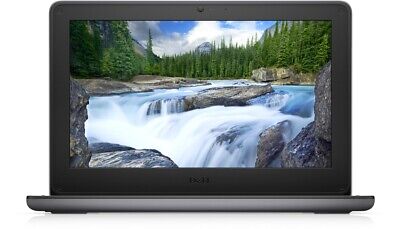

Google is now expecting users to watch ads that are sometimes a full 25% of the viewing time, or slowing access and requiring logins when adblock is being used. And even if you wade through all that, watching Youtube tech and info videos has become a lot like looking at online recipes. The majority of what you find is fluff and filler for only small amounts of useful content.
I used to go to Youtube daily for research and entertainment but now I avoid the site completely whenever possible. It seems we’ve finally reached an enshittification tipping point.
It’s about time.

























Some Iphone users behave as if they’re in a cult. Worse, Apple treats customers without Iphones/Macs as inferior to their golden children even while selling services that don’t require Apple hardware.
I subscribed to Apple TV+ and dealing with the company was infuriating. Every single support rep instructed me to do something to solve a problem using my Iphone or Mac. The last straw was when I wanted to add another profile to my account and was told the company has made it impossible without Apple hardware. The rep actually told me to find someone with an Iphone to help. I cancelled Apple TV+ instead.
One member of the Iphone cult I know was going on and on about a problem she was having receiving calls. When I mentioned a relatively minor problem with my phone her immediate response was “That’s because you have Android.” It was comical.
People shallow enough to believe they’re superior because they own an Iphone aren’t worth being around anyway.